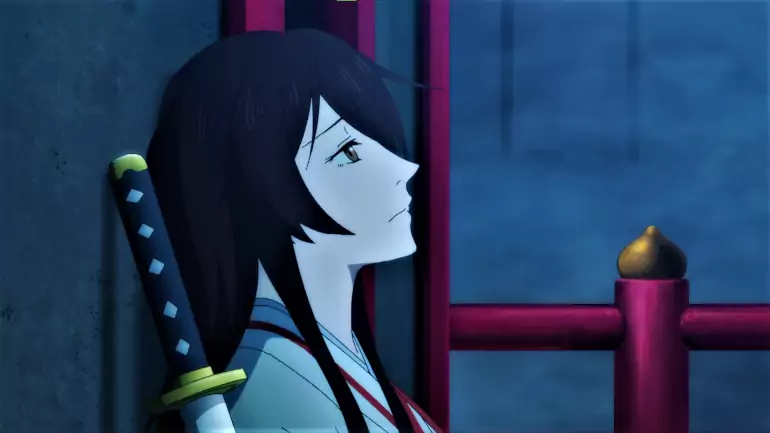The Harakiri Meaning and the Historical Background

Harakiri, translated as "Opening the Belly," refers to a Japanese ritual suicide practice involving disembowelment. Initially confined to the nobility, it later became widespread across all social classes and is also associated with any suicide carried out in the pursuit of personal honor.
This tradition has its roots in Japan's feudal era, where samurais and warriors, valuing honor over the disgrace of capture, often chose death. In some instances, a noble would receive a message stating that their death was crucial for the empire's well-being, essentially serving as an indirect form of execution.
In cases of mandated harakiri, an imperial decree was typically accompanied by an ornate dagger designated for the suicide. The individual had a specific number of days to prepare for the ceremony, held either at their residence or a temple, featuring a platform adorned with red carpets. During the final act, the noble, attired in ceremonial garb and supported by friends and officials, assumed their place on the platform.
Bowing in a kneeling position, they recited prayers, accepted the dagger from the emperor's representative, publicly admitted their guilt, and subsequently, exposing their upper body, plunged the dagger into the left side of the abdomen. With deliberate care, they guided it across to the right side, creating a slight upward incision.
In the final moments, a friend or family member would decapitate the dying noble. Subsequently, it was customary to send the blood-stained dagger to the emperor as proof of the noble's death by this method. If the transgressor voluntarily performed harakiri, acting according to the dictates of their guilty conscience rather than by the emperor's mandate, their honor was considered restored, and all their possessions passed to their family. On the contrary, if harakiri was ordered by the emperor, half of the deceased's possessions were confiscated by the state.
When individuals from all social classes practiced harakiri, it often served as the ultimate gesture of devotion to a deceased superior or as a form of protest against some governmental act or policy. This practice became so widespread that, for centuries, around 1,500 deaths per year occurred by this method, with more than half being voluntary acts. Although this cultural phenomenon has lost its relevance today, it continues to be studied and reflected upon, shedding light on the complexity of social norms and the concept of honor in Japan's history.
Harakiri as a form of mandatory suicide was abolished in 1868. In modern times, it is rare for it to occur as a means of voluntary suicide. However, many Japanese soldiers resorted to harakiri during the last conflicts, including World War II, to avoid the disgrace of defeat or captivity. This practice reflects a deep-rooted cultural tradition and a strong sense of honor and loyalty in Japanese society, which, even in contemporary times, has left its mark on the country's collective memory.
Emperor Meiji Tenno ruled Japan during the period when the country faced its modernization process, ending its centuries-old feudalism and becoming a global, industrialized power unified by pro-imperial nationalist ideology. He relocated his residence from the ancient Kyoto to Tokyo and traveled throughout the country to foster unity among the people amid radical changes. Although assuming a representative role, Emperor Meiji Tenno gained such prestige that, after his death in 1912.
While Emperor Meiji passed away in 1912, his impact endured, setting the foundation for Japan's rapid ascent as an economic and technological powerhouse in the 20th century. The principles of modernization and industrialization initiated during his reign played a crucial role in shaping Japan's identity and its ability to navigate the challenges of a rapidly changing world.
Si quieres conocer otros artículos parecidos a The Harakiri Meaning and the Historical Background puedes visitar la categoría Nippon.
Leave a Reply